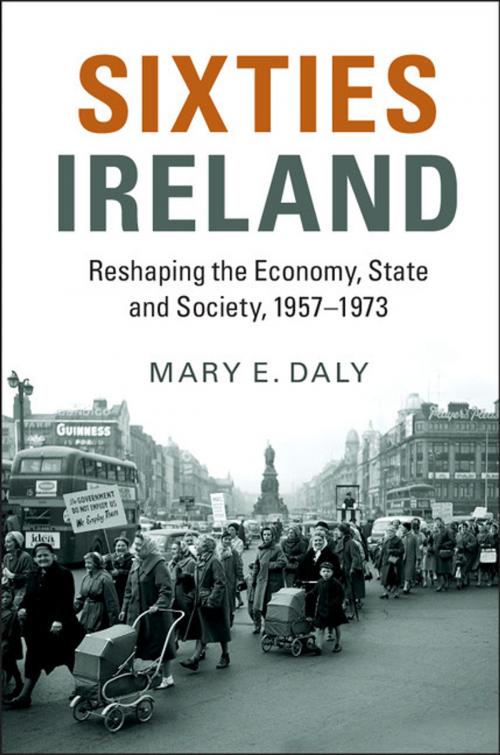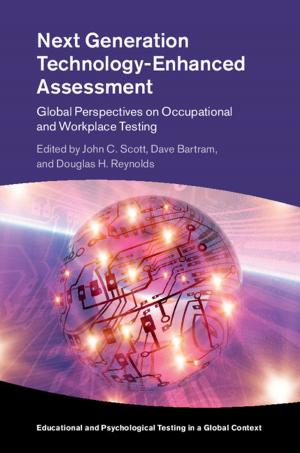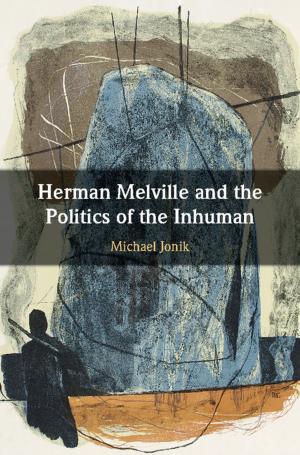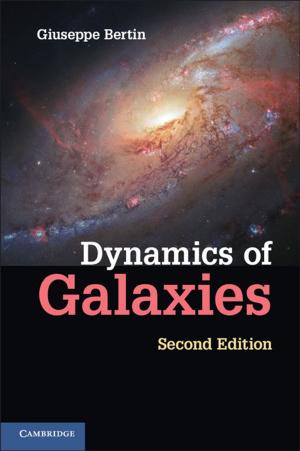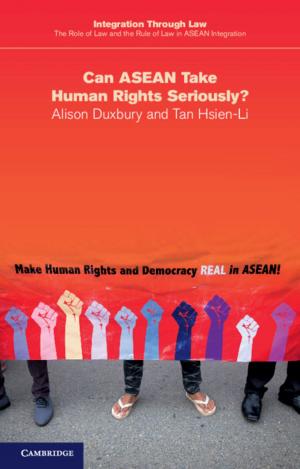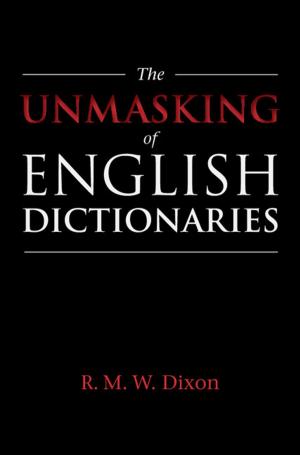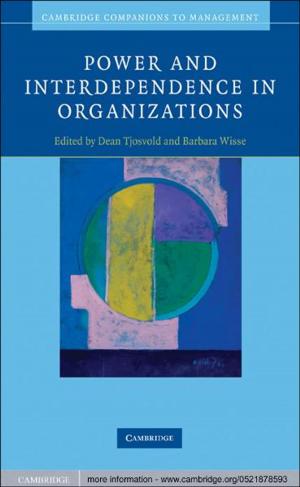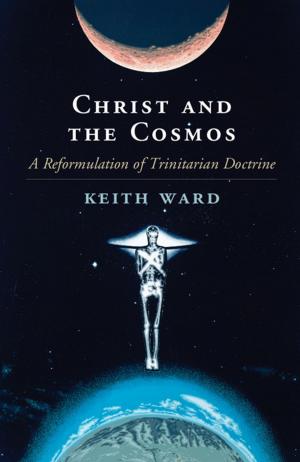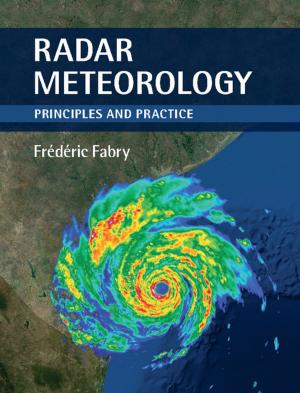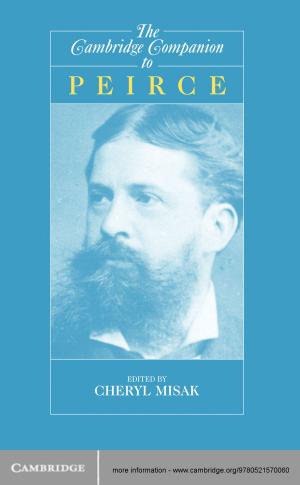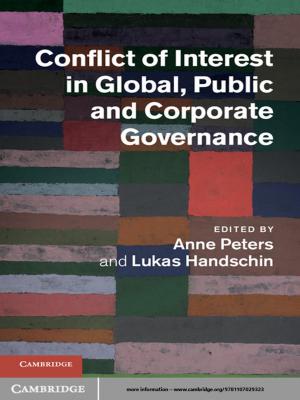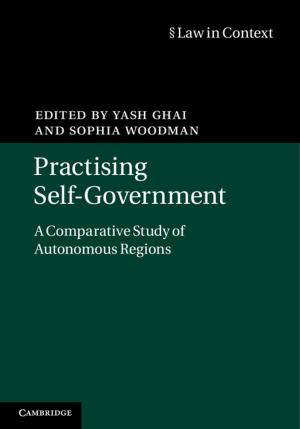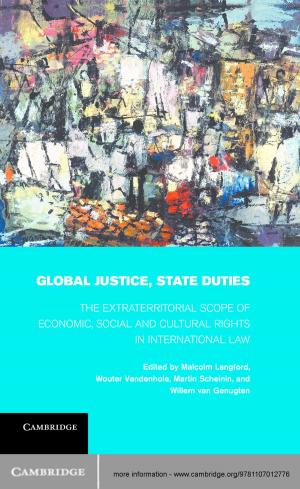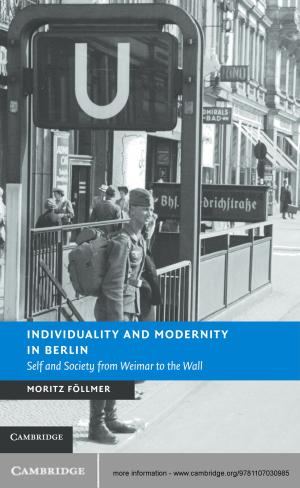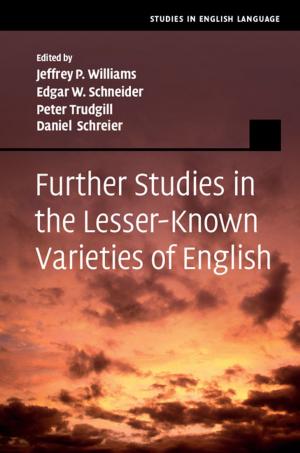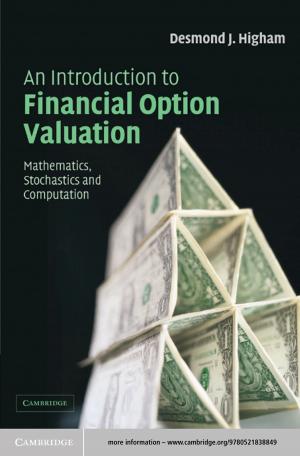Sixties Ireland
Reshaping the Economy, State and Society, 1957–1973
Nonfiction, History, British, Social & Cultural Studies, Political Science| Author: | Mary E. Daly | ISBN: | 9781316545348 |
| Publisher: | Cambridge University Press | Publication: | March 17, 2016 |
| Imprint: | Cambridge University Press | Language: | English |
| Author: | Mary E. Daly |
| ISBN: | 9781316545348 |
| Publisher: | Cambridge University Press |
| Publication: | March 17, 2016 |
| Imprint: | Cambridge University Press |
| Language: | English |
This provocative new history of Ireland during the long 1960s exposes the myths of Ireland's modernisation. Mary E. Daly questions traditional interpretations which see these years as a time of prosperity when Irish society – led by a handful of key modernisers – abandoned many of its traditional values in its search for economic growth. Setting developments in Ireland in a wider European context, Daly shows instead that claims for the economic transformation of Ireland are hugely questionable: Ireland remained one of the poorest countries in western Europe until the end of the twentieth century. Contentious debates in later years over contraception, divorce, and national identity demonstrated continuities with the past that long survived the 1960s. Spanning the period from Ireland's economic rebirth in the 1950s to its entry into the EEC in 1973, this is a comprehensive reinterpretation of a critical period in Irish history with clear parallels for Ireland today.
This provocative new history of Ireland during the long 1960s exposes the myths of Ireland's modernisation. Mary E. Daly questions traditional interpretations which see these years as a time of prosperity when Irish society – led by a handful of key modernisers – abandoned many of its traditional values in its search for economic growth. Setting developments in Ireland in a wider European context, Daly shows instead that claims for the economic transformation of Ireland are hugely questionable: Ireland remained one of the poorest countries in western Europe until the end of the twentieth century. Contentious debates in later years over contraception, divorce, and national identity demonstrated continuities with the past that long survived the 1960s. Spanning the period from Ireland's economic rebirth in the 1950s to its entry into the EEC in 1973, this is a comprehensive reinterpretation of a critical period in Irish history with clear parallels for Ireland today.
